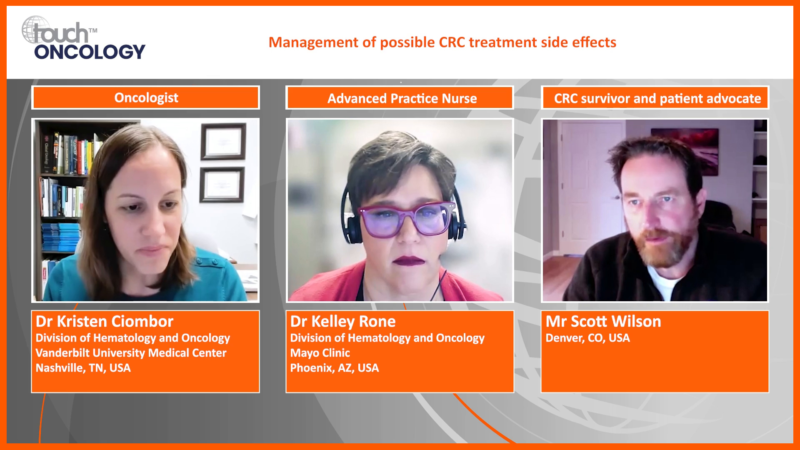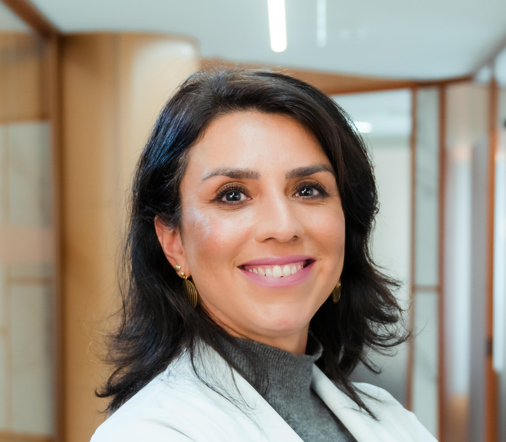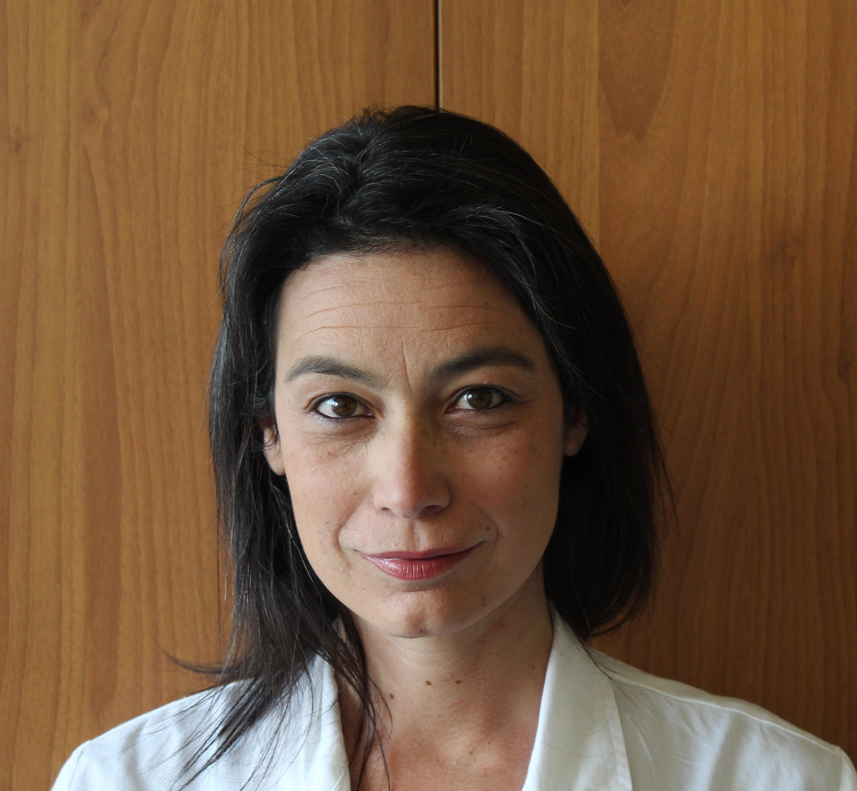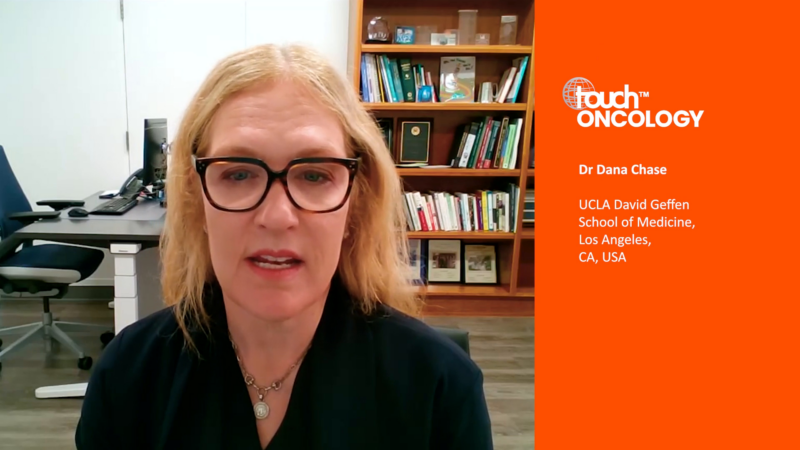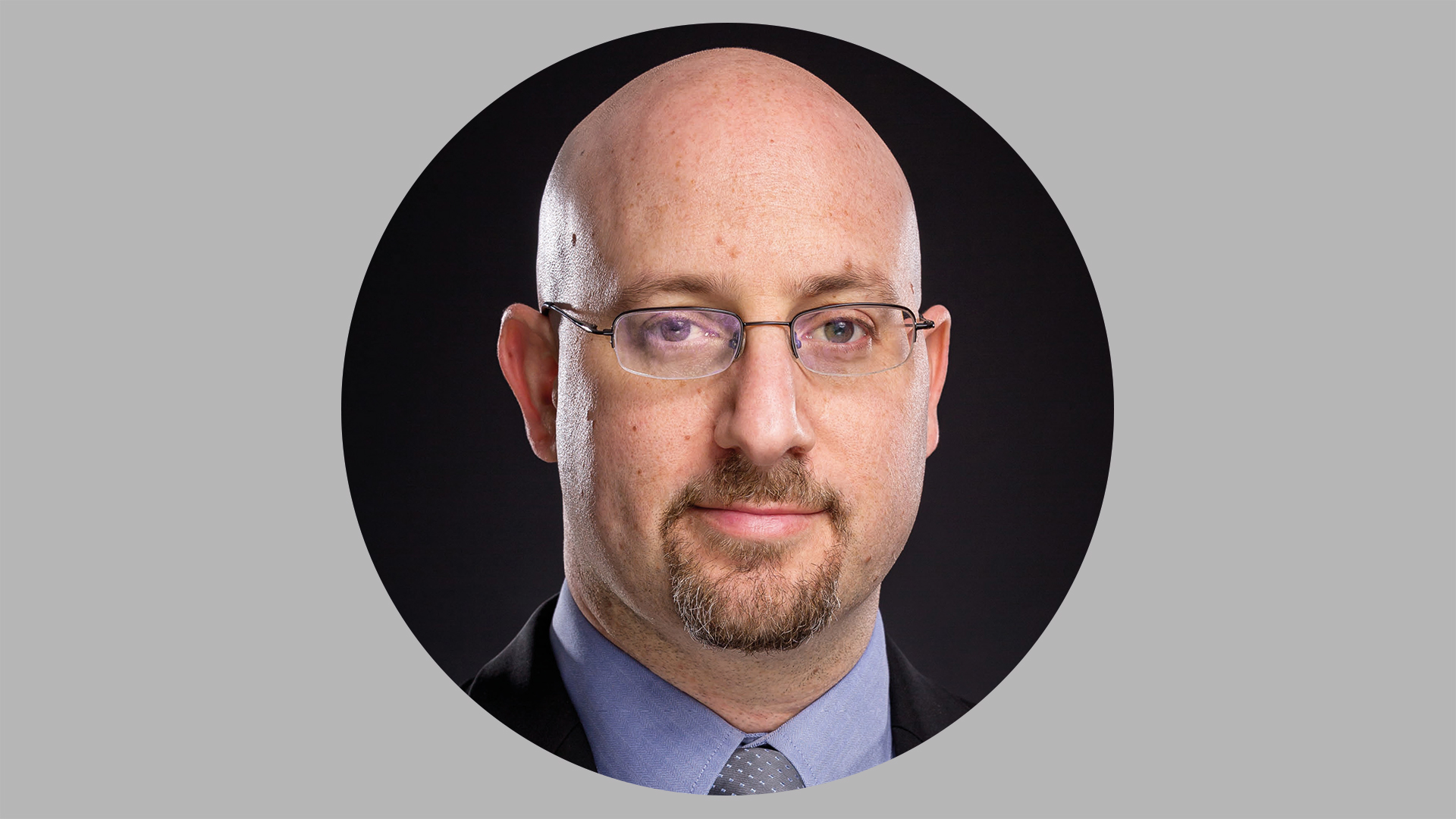touchPANEL DISCUSSION
 A visually engaging discussion designed to emulate a ‘live’ panel experience and provide clinicians with practical expert insights to address their clinical challenges. Useful tips below will show how to navigate the activity.
Close
A visually engaging discussion designed to emulate a ‘live’ panel experience and provide clinicians with practical expert insights to address their clinical challenges. Useful tips below will show how to navigate the activity.
Close
 A visually engaging discussion designed to emulate a ‘live’ panel experience and provide clinicians with practical expert insights to address their clinical challenges. Useful tips below will show how to navigate the activity.
Close
A visually engaging discussion designed to emulate a ‘live’ panel experience and provide clinicians with practical expert insights to address their clinical challenges. Useful tips below will show how to navigate the activity.
Close
Optimizing strategies for the treatment of colorectal cancer in the biomarker era
- Downloads including slides are available for this activity in the Toolkit
Learning Objectives
After watching this activity, participants should be better able to:
- Choose appropriate first-line treatment for patients with CRC based on biomarker testing and clinical characteristics
- Compare and contrast the available techniques for biomarker testing recommended for patients with CRC
- Review the evidence for recent and emerging targeted therapy options for CRC
Overview
Dr Kei Muro, Dr Chiara Cremolini and Dr Rachel Riechelmann discuss the role of biomarkers in optimizing the treatment of colorectal cancer, including how they can be used to make first-line treatment decisions, the available and emerging biomarker testing techniques, and how biomarkers are shaping the evolving treatment landscape.
This activity is jointly provided by USF Health and touchIME.
Target Audience
This activity has been designed to meet the educational needs of oncologists, gastrointestinal oncologists involved in the management of colorectal cancer haematologists (including haemato-oncologists), paediatric haematologists, haematology nurse specialists and nurse practitioners, neonatologists, physician assistants and primary care physicians involved in the management of patients with PK deficiency.
Disclosures
USF Health adheres to the Standards for Integrity and Independence in Accredited Continuing Education. All individuals in a position to influence content have disclosed to USF Health any financial relationship with an ineligible organization. USF Health has reviewed and mitigated all relevant financial relationships related to the content of the activity. The relevant relationships are listed below. All individuals not listed have no relevant financial relationships.
Faculty
Dr Kei Muro discloses: Advisory board or panel fees from Amgen and AstraZeneca. Consultancy fees from Chugai and Ono. Grants/research support from Amgen, Astellas, Daiichi Sankyo, Eisai, Merck Serono, MSD, Novartis, Ono, Parexel International, Pfizer, Sanofi, Solasia Pharma and Taiho. Speaker’s bureau fees from Bristol Myers Squibb, Daiichi Sankyo, Eli Lilly, Ono and Taiho.
Dr Rachel Riechelmann discloses: Advisory board/panel fees from AstraZeneca and Servier (both relationships terminated). Grants/Research Support from Bayer and Libbs.
Dr Chiara Cremolini discloses: Advisory board or panel fees from Amgen, Bayer, Merck, Pierre Fabre and Servier. Consultancy fees from Bayer. Grants/Research Support from Bayer, Merck and Servier.
Content reviewer
Rene D Gomez-Esquivel, MD has no relevant financial relationships to disclose.
Touch Medical Directors
Holly Gilbert-Jones has no financial interests/relationships or affiliations in relation to this activity.
USF Health Office of Continuing Professional Development and touchIME staff have no financial interests/relationships or affiliations in relation to this activity.
Requirements for Successful Completion
In order to receive credit for this activity, participants must review the content and complete the post-test and evaluation form. Statements of credit are awarded upon successful completion of the post-test and evaluation form.
If you have questions regarding credit please contact cpdsupport@usf.edu.
Accreditations
Physicians
This activity has been planned and implemented in accordance with the accreditation requirements and policies of the Accreditation Council for Continuing Medical Education (ACCME) through a joint providership of USF Health and touchIME. USF Health is accredited by the ACCME to provide continuing medical education for physicians.
USF Health designates this enduring material for a maximum of 1.0 AMA PRA Category 1 CreditTM. Physicians should claim only the credit commensurate with the extent of their participation in the activity.
The European Union of Medical Specialists (UEMS) – European Accreditation Council for Continuing Medical Education (EACCME) has an agreement of mutual recognition of continuing medical education (CME) credit with the American Medical Association (AMA). European physicians interested in converting AMA PRA Category 1 CreditTM into European CME credit (ECMEC) should contact the UEMS (www.uems.eu).
Advanced Practice Providers
Physician Assistants may claim a maximum of 1.0 Category 1 credits for completing this activity. NCCPA accepts AMA PRA Category 1 CreditTM from organizations accredited by ACCME or a recognized state medical society.
The AANPCP accepts certificates of participation for educational activities approved for AMA PRA Category 1 CreditTM by ACCME-accredited providers. APRNs who participate will receive a certificate of completion commensurate with the extent of their participation.
Date of original release: 19 April 2023. Date credits expire: 19 April 2024.
If you have any questions regarding credit please contact cpdsupport@usf.edu.
To obtain the CE/CME credit(s) from this activity, please complete this post-activity test.
Claim Credit- Downloads including slides are available for this activity in the Toolkit
You may also be interested in...

1000+ topical and insightful peer-reviewed journal articles
- 1000+ topical and insightful peer-reviewed journal articles
- 100+ hours of bite-sized congress highlights
- 9 major therapy areas packed with the latest scientific advances
- 150+ specialties offering learn-on-the-go medical education
- + Concise email updates and newsletters so you never miss out

Log into your Touch Account
Earn and track your CME credits on the go, save articles for later, and follow the latest congress coverage.
Sign up with an Email
Or use a .
This Functionality is for
Members Only
Explore the latest in medical education and stay current in your field. Create a free account to track your learning.








